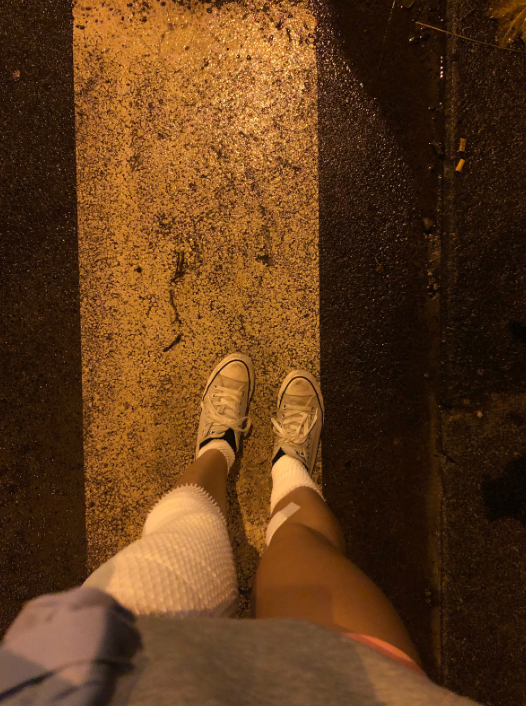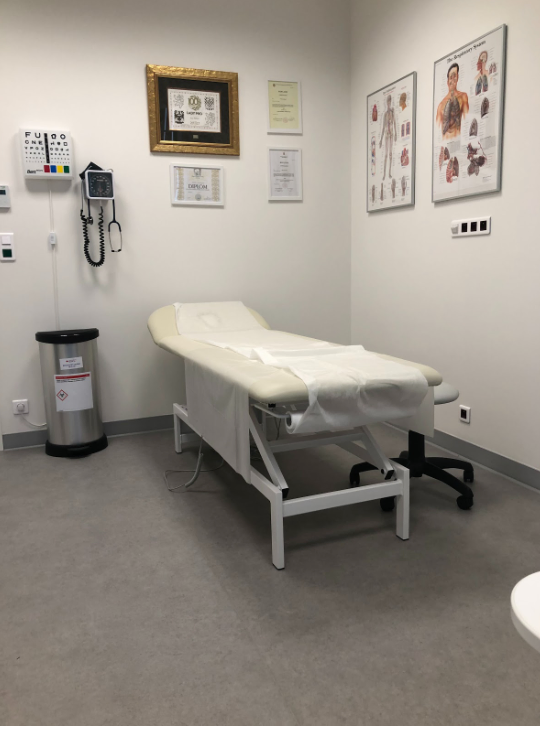by Nika Kouznetsova
As one of the clumsiest people with a relatively terrible immune system (maybe I’m being a littleee dramatic), going abroad sounded like a fairly questionable choice for me. Of course, I wanted to experience new cultures and take advantage of the opportunity to travel around Europe, but the thought of potentially having to get medical care in an unfamiliar area where I didn’t speak the language had me slightly worried. Long story short, within the span of one month of being in Prague, I managed to hurt my knee, get sick for several weeks, and acquire 2nd degree burns (ouch); as a result, I’ve gotten quite a lot of experience from my various visits to different doctors and hospitals. With that said, the medical care system in Prague hasn’t failed me yet, and I’d like to give a rundown about doctor appointments, insurance, and other things I’ve picked up along the way.



Finally, there are pharmacies located all over Prague for any prescribed or over-the-counter medications. My favorite pharmacy near Machova is the BENU Lékárna in Prague 2, near the IP Pavlova tram station. I’ve been there multiple times, and unlike some pharmacies I’ve been to, the employees speak English, saving me from having to pull up Google Translate every time I had to ask for something. Another thing to note is that not all pharmacies have a wide variety of things in stock, but so far this pharmacy has had everything I needed.
All in all, there’s no need to worry too much about traveling and dealing with injuries abroad. I wouldn’t say I was the most independent person before coming abroad, but having to figure out insurance, appointments, and treatments pushed me to be more self-sufficient and feel prepared to take on Europe on my own. It may not be a fun part of a study abroad experience, but it shouldn’t be one to stress about either. I hope this article can help ease anyone’s worries about medical care abroad!